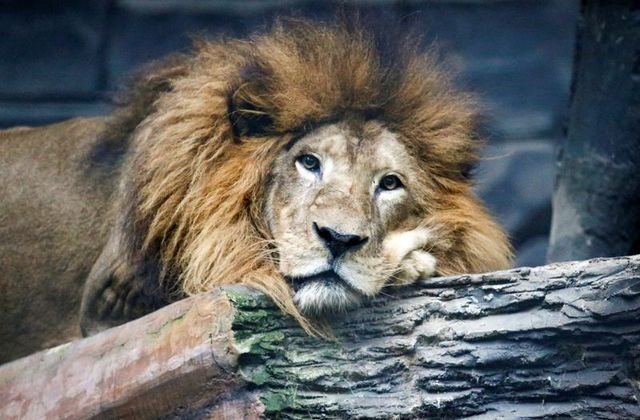As big cats go hungry, Indonesia zoo considers ‘worst-case’ deer cull
Bandung (Reuters) – A zoo in Indonesia may slaughter some of its animals to feed others, such as a Sumatran tiger and a Javan leopard, if it runs out of food in coming months after the coronavirus pandemic forced it to shut it doors.
While its 850 animals are being fed smaller portions than usual, the zoo is contemplating a “worst-case scenario” of culling some animals to feed others as it expects to run out of food in July.
The Badung zoo in Indonesia’s fourth-biggest city, which usually earns about 1.2 billion rupiah ($81,744) a month from visitors, shut on March 23 as part of a wider country lockdown to try to contain the outbreak.
“We have around thirty dotted deer, and we have identified the old and unproductive ones (who can no longer breed) to be slaughtered to save the carnivores, such as the Sumatran tiger and Javan leopard,” said zoo spokesman Sulhan Syafi’i.
Some birds including geese may also be culled, he said.
Big cats, including a critically endangered Sumatran tiger named Fitri, now get 8 kg (18 lb) of meat every two days, down from 10 kg previously.
The zoo needs more than 400 kg of fruit per day and 120 kg of meat every other day, Syafi’i said, noting it is now relying on donations to keep its animals alive.
“The crocodiles are fatter and the tigers are healthier too. But the lion is still a bit skinny,” said Fauzan Dzulfikar, who was allowed to visit after a donation.
The smaller daily portions have not gone unnoticed by the animals, even though Syafi’i said they still met minimum animal welfare standards.
Orangutan keeper Aep Saepudin said the endangered primates can go into a rage and throw things.
“The food is finished, but they still want to eat,” said Saepudin.
The Indonesia Zoo Association, which has requested help from President Joko Widodo, estimates 92 percent of the country’s 60 zoos can only feed their animals until the end of May.


